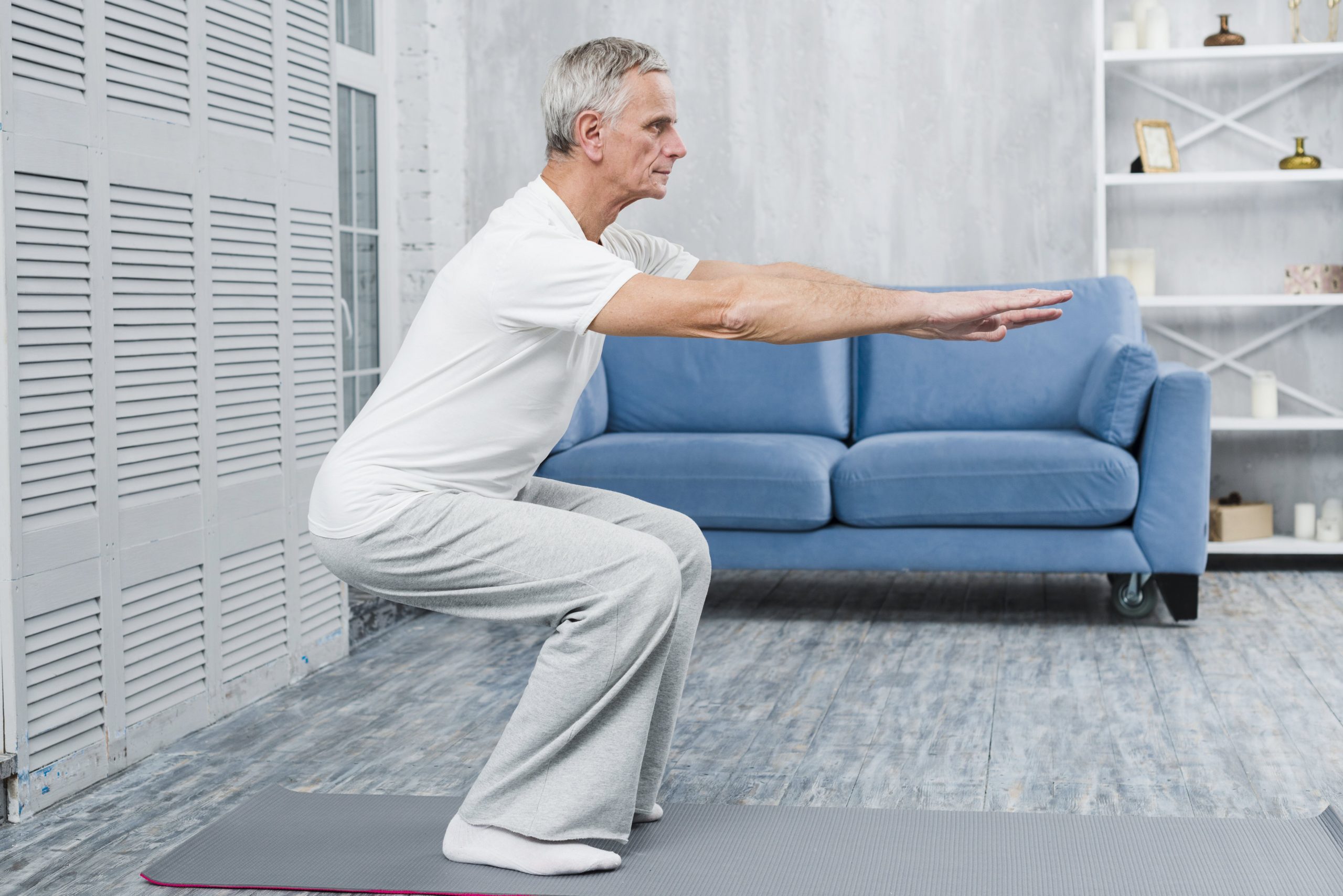Fecal incontinence, the inability to control bowel movements, can be both physically and emotionally distressing for seniors. Rather than viewing it as an embarrassment, it’s crucial to address the issue and manage it with the appropriate care and support.
Research shows almost 1 in 5 people aged 65 experience FI, and this is more frequent in people aged above 80 and this is seen with more intensity in these age groups.
Before moving on, let’s understand fecal incontinence and its form in depth.
What is Fecal Incontinence?
Fecal incontinence is the involuntary loss of stool or gas from the rectum. It affects both men and women but is more prevalent in older adults, especially those with mobility or cognitive impairments. The severity of incontinence can vary, from minor accidents when passing gas to the complete inability to control bowel movements.
Types of Fecal Incontinence:
Fecal incontinence takes two different forms. Understanding these two types can help in developing targeted treatment strategies for your loved one.
1. When people feel the sudden need to go to the toilet but can’t make it in time. This is classified as Urge Incontinence. This is often caused by damage to the nerves or muscles controlling bowel movements, common in conditions like irritable bowel syndrome (IBS), inflammatory bowel disease, or following surgery.
2. Then there is Fecal Incontinence without sensory awareness, known as passive or overflow incontinence. It happens when stool leaks without the person being aware of the need to have a bowel movement. This is more common in individuals with weakened rectal muscles or nerve damage, often related to conditions like chronic constipation, neurological disorders, or after childbirth.
Causes of Fecal Incontinence in Elderly Adults:
Several factors can contribute to fecal incontinence, particularly in seniors.
1. Muscle Weakness:
Over time, the muscles that control bowel movements, specifically the anal sphincters, may weaken. This loss of strength can make it difficult to maintain control over the passage of stool. Aging naturally contributes to muscle deterioration, but conditions such as childbirth, and surgery ( to remove hemorrhoids) can also damage these muscles.
2. Chronic Constipation:
Prolonged constipation can stretch and weaken the rectal muscles, leading to overflow incontinence. In these cases, watery stool leaks around the solid ones. Straining can also damage the pelvic floor muscles, making bowel control difficult.
3. Diarrhea:
It is more difficult to hold in loose stools, such as in cases of diarrhea than firmer ones. When this condition persists, the muscles in the rectum and anus can weaken over time, making it even harder to control bowel movements. Conditions like irritable bowel syndrome (IBS), infections, or even certain medications can trigger diarrhea, leading to incontinence.
4. Nerve Damage:
Nerves that control bowel movements can be damaged due to spinal cord injuries, diabetes, or surgeries such as those for prostate or rectal cancer. When these nerves are compromised, the body may lose its ability to sense the need for a bowel movement ( rectal sensation ) Moreover, excess usage of laxatives can also cause nerve damage.
5. Cognitive Impairments:
Elderly adults with dementia, Alzheimer’s, or Parkinson’s disease may experience fecal incontinence due to a reduced ability to recognize or act upon the urge to defecate. In such cases, incontinence is often managed alongside these cognitive conditions. Other conditions such as multiple sclerosis, IBD, IBS stroke, and type 2 diabetes can lead to incontinence too.
Impact on Elderly Adults:
Fecal incontinence can deeply affect an individual’s physical, emotional, and social well-being. Physically, it can lead to;
- Skin irritation
- Bacterial and Fungal infections
- Discomfort
- Poor nutrition
Emotionally, feelings of shame and embarrassment can cause seniors to withdraw from social activities, which can further isolate them and potentially contribute to depression.
Moreover, caregivers may also experience significant stress when managing the condition, as it can require intensive care and support.

What Helps with Fecal Incontinence?
Fortunately, several treatments are available to help manage fecal incontinence. These treatments vary depending on the underlying cause but can significantly reduce the frequency and severity of episodes.
1. Pelvic Floor Exercises:
Pelvic floor exercises, commonly known as Kegel exercises, can strengthen the muscles around the rectum and anus. These exercises are simple, but consistency is key. Physical therapy focused on pelvic rehabilitation may also be recommended in more severe cases.
Here are some exercises that you can follow;
1. Kegel Exercises: Tighten the muscles used to stop urination for 5 seconds, then relax for 5 seconds.
2. Bridge Pose: Lie on your back with your knees bent and feet apart. Lift your hips while tightening your pelvic floor muscles, hold for a few seconds, then lower down.

3. Squats: Stand with feet shoulder-width apart. Lower into a squat while contracting your pelvic muscles, then stand back up.

2. Medications:
Doctors may prescribe medications depending on the specific needs of the patient. For those with diarrhea, anti-diarrheal medications can help firm up stools and reduce urgency. In cases of constipation, laxatives or stool softeners may be used, but it’s important to find the right balance, as overuse can worsen the problem.
3. Biofeedback Therapy:
It is an effective treatment for managing fecal incontinence in elderly adults. It involves using devices that measure muscle activity and help patients learn to control their pelvic floor and anal sphincter muscles more effectively.
How It Works:
- Sensors are placed in the rectum to measure muscle strength.
- Patients receive real-time feedback on how well they’re using their muscles.
- The goal is to strengthen the pelvic muscles, allowing better control over bowel movements
4. Surgical Interventions:
For some, surgery may be necessary. Surgical options include repairing damaged anal sphincters, creating a colostomy (an opening in the abdomen for stool to pass through), or nerve stimulation devices. Surgery is generally considered a last resort when other treatments fail.
Manage FI Through Diet:
Before we move on to the diet you should follow, it’s more helpful to know what to avoid. Here are some common foods to steer clear of:
- Caffeine and Alcohol
- Drinks and food containing fructose
- Fruits such as apples, pears, and peaches
- Fried, Fatty, and Spicy Foods
- Artificial Sweeteners such as Sorbitol, mannitol, and other sweeteners
- Dairy Products (for those who are lactose intolerant, dairy such as milk, cheese, and ice cream)
- Gas-producing foods (beans, cabbage, broccoli, and onions can increase gas and bloating)





